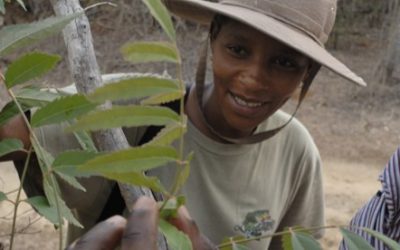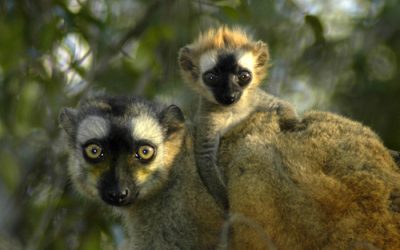Conservation is more successful, and livelihoods are improved, when social and community rights are understood and addressed in conservation programmes. This was the key message to conservation professionals from seven African countries at a collaborative training programme, held in Kenya in October 2015.
The TBA organised the week long programme, dubbed INTRINSIC (Integrating Rights and Social Issues in Conservation), in partnership with Birdlife International, FFI and the University of Cambridge. It was funded by the Cambridge Conservation Initiative. With 237 applications for the 20 places, demand for the course reflects growing interest among conservation practitioners to understand the communities that are so key to the success of their conservation projects.

Describing the course as “amazingly well received”, TBA director, Rosie Trevelyan said: “This is probably the first course of its kind, and it was designed for people working with communities but who have had no formal training in social issues.”
“No two communities are the same.” said Rosie. “So it’s really important to understand the composition of community, and to integrate rights issues into conservation projects. These might be their rights of access to natural resources, or the extent to which local people are involved in decision making.”
One participant wrote: “If I had had this course 5 years back, my work would have been a walk over. Now that I have the knowledge, my upcoming projects will be based on the concepts obtained from this training.”
Prudence Ndabasanze from Rwanda, summed up the views of the participants: “The INTRINSIC course was excellent because it tackled all the challenges I am facing in my work.”




